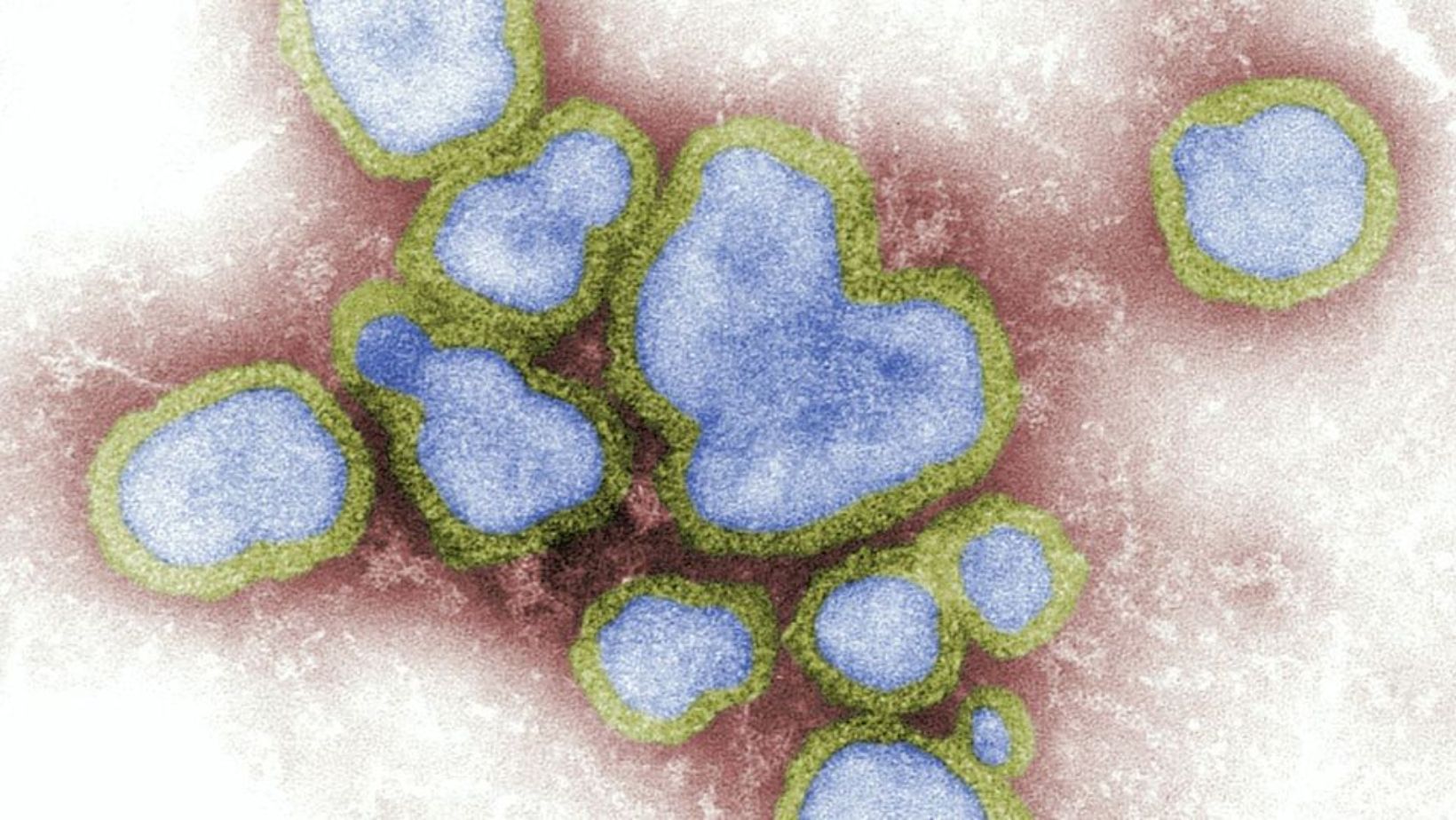Researchers at The Ohio State University have discovered new protein functions that have long been recognized for protecting against severe influenza infections. The protein IFITM3 helps prevent flu severity and raises the minimum number of viral particles needed to cause an infection, making it a crucial factor in stopping Flu Infections transmission.
Even more concerning, the study found that IFITM3 plays a role in preventing viruses from mutating when they infect a new host. Without this protein, a virus that spills over from animals to humans—such as avian or swine flu—could more easily adapt to human hosts, potentially leading to widespread disease.
A Hidden Vulnerability in the Human Population

While IFITM3 provides critical protection, not everyone produces it effectively. The study highlights that about 20% of Chinese people and 4% of people of European ancestry have genetic mutations that disable IFITM3 production, leaving them more vulnerable to flu infections.
“An IFITM3 deficiency makes it easier for a low dose of virus to be infectious,” said Jacob Yount, senior study author and professor of microbial infection and immunity at Ohio State’s College of Medicine.
This research is particularly relevant as the Centers for Disease Control and Prevention (CDC) is currently tracking the H5N1 avian flu, which has already spread among wild birds, poultry, and dairy cows in the U.S. To date, 45 human cases have been reported.
“It’s these emergent viruses that we’ve never encountered before where IFITM3 is the most important,” Yount said. “Not only would you get a more severe infection, but you’re more likely to get infected in the first place and more likely to help the virus adapt if you are IFITM3 deficient.”
Key Findings on IFITM3’s Role in Flu Infections and Adaptation

The study, published in Nature Communications, used a mouse model lacking the IFITM3 gene to test the effects of the protein’s absence. The researchers compared the infectiousness of two avian flu strains, including H5N1, at different viral particle levels.
In normal mice, small amounts of virus were insufficient to cause infection. However, in mice lacking IFITM3, even a single viral particle could cause infection and inflammation.
Additional experiments in human lung and immune cells confirmed the findings: cells without IFITM3 were more susceptible to infection by 11 avian, three swine, and two human flu viruses.
“Every one of those viruses infected at a higher rate when IFITM3 was deficient,” Yount said. “So this seems to be a universal property where IFITM3 needs to be there to inhibit flu infections.”
The study also showed that flu viruses mutated more quickly in IFITM3-deficient mice, supporting the idea that the protein is crucial in slowing interspecies viral adaptation.
Implications for Pandemic Prevention

With its precise role in stopping flu infections and mutations, IFITM3 deficiency could be a significant factor in the next flu pandemic. The study suggests that individuals with this genetic deficiency should be considered in pandemic prevention and preparedness efforts.
“Overall, our study demonstrates that IFITM3 is broadly important for zoonotic virus defense,” Yount said. “People with hereditary deficiency in IFITM3 are a uniquely vulnerable population for new viruses from animals entering humans.”
The National Institutes of Health supported the research and included contributions from scientists at Ohio State and St. Jude Children’s Research Hospital.
Reference: Parker J. Denz, Samuel Speaks, Adam D. Kenney, Adrian C. Eddy, Jonathan L. Papa, Jack Roettger, Sydney C. Scace, Adam Rubrum, Emily A. Hemann, Adriana Forero, Richard J. Webby, Andrew S. Bowman, Jacob S. Yount. Innate immune control of influenza virus interspecies adaptation via IFITM3. Nature Communications, 2024.

